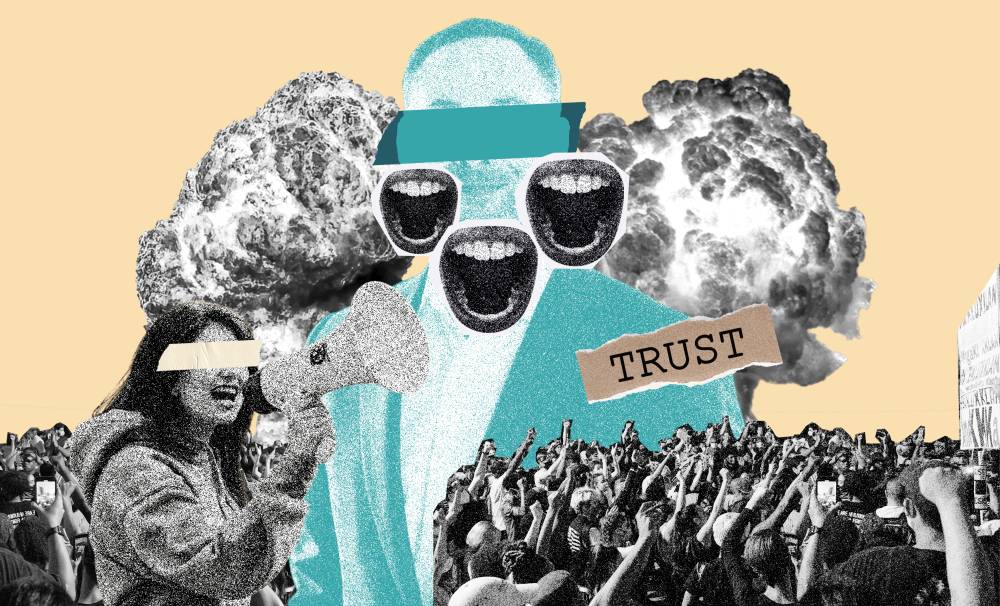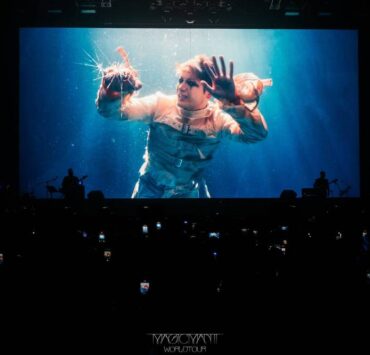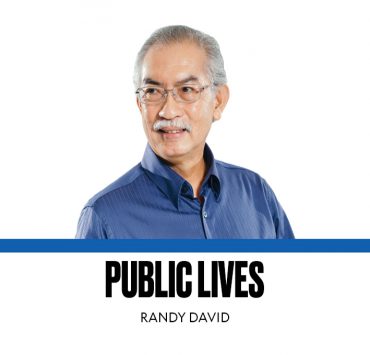The poor pay for corruption

November 9, 2025 – Feast of the Dedication of the Lateran Basilica in Rome
Readings: Ezekiel 47:1-2, 8-9, 12; Psalm 46, R. The waters of the river gladden the city of God, the holy dwelling of the Most High!; 1 Corinthians 3:9c-11, 16-17; Gospel – John 2: 13-22
The first point I wish to share is the importance of the Lateran Basilica in Rome. It is supposedly the oldest Western Church of Catholicism.
More important is that it is the parish of the Pope as the Bishop of Rome. It is the “mother of all parishes,” in a certain sense.
There are two points from today’s Gospel that I invite you to reflect on.
The cleansing of the temple is the perfect Christian symbol of why we must take a stand against corruption.
Then the Lord’s response when people asked for a sign—destroy the temple and I will raise it up in three days—has a very important symbolism.
It is important for us to understand that the anger of the Lord was not simply against the marketplace atmosphere the sellers created in the temple. While it added to his anger, there was a much deeper reason.
What infuriated the Lord was the corruption behind the selling. It was corruption that was perpetuated by the religious authorities themselves.
All who came to the temple had to make an offering, a sacrifice of an animal. The richer ones would be offering lamb or cattle. The poorer ones would offer a pair of birds.
Each offering had to be approved by the temple priests. What happened was if the offering was bought from outside the temple, it would be disapproved.
The people then were forced to buy from the sellers in the temple. Enter corruption.
The sellers jacked up the prices—not just double or triple, but many times over, so much so that a pair of birds would cost what was equivalent to over 200 days’ wages for an ordinary worker.
Imagine how scandalously overpriced two birds were. A poor ordinary worker had to pay wages for three and a half months of work.
For this to happen, the temple officials were in collusion with the sellers. They get a percentage of the profits.
The same was true for the money changers. Since people coming to the temple came from all over the world, they had to exchange their money to the local currency in order to purchase the animals for sacrifice.
The money changers were allowed to pay a much lower amount for the exchange and make a killing. Again, the temple officials had to allow this for it to happen.
This was the corruption that the Lord was so angry about. And as Pope Francis said, the poor pay for corruption. They were the ones most affected by the corrupt practices.
This episode of cleansing in the temple is very symbolic of what we are going through now amid the flood control projects corruption.
The mind-boggling amounts stolen from the poor with the collusion of the authorities is so true both then and now. The same can be said of how the poor pay for corruption.
The response of the Lord, his righteous anger, can inspire and guide us. It can inspire us to take a stand against corruption.
Not only are we to take a stand, but we must also act to put an end to corruption. Our moral stand against corruption is best expressed through action, righteous indignation.
Our fight against corruption is not just a social, economic and political crusade, but a moral and spiritual mission.
The final point for reflection is when the Lord said, “Destroy this temple and in three days I will raise it up.”
The Lord was referring to his passion, death, and Resurrection.
This is a clear reminder to us that in all that we do, we always bring to it the Gospel worldview or perspective.
In anything and everything we do as a church, as Christians, we must always present the Gospel worldview.
It is the worldview that makes us bring Jesus’ perspective: love for the poor and the way of the Cross and Resurrection as the sole path to our salvation.

















